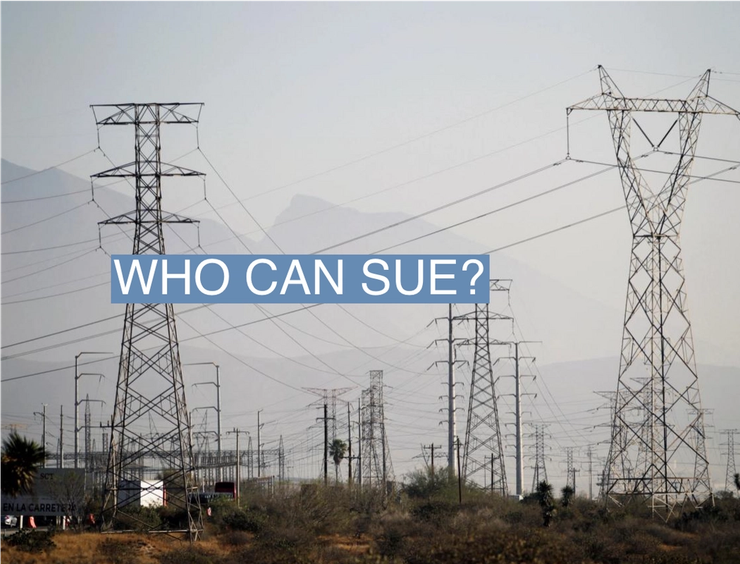The News
The U.S. government’s efforts to make it easier to build energy infrastructure inched forward in the past week, with two major policy revisions aiming to unclog the “interconnection queue” and refashion the environmental review process for new energy and mining projects.
Tim’s view
The policy shifts showcase where consensus is forming between Democrats and Republicans on permitting reform, and underscore where they are moving further apart. In both cases, federal officials are reaching the limits of what they can accomplish without new legislation from Congress, which has been held up largely because of complaints by Republican proponents of fossil fuels that Biden administration regulators are biased in favor of renewables.
On Thursday, the Federal Energy Regulatory Commission, which oversees the electricity market, approved stricter criteria that energy project developers will need to meet in order to maintain their place in the interconnection queue. That’s the backlog of grid hookup requests — mostly from renewables — that at the moment is about equivalent to the overall capacity of the entire U.S. electric grid. Under the new rules, developers will have a hard deadline to complete studies of how their project will impact the grid (previously that deadline was loose) and will need to pay a deposit to maintain their place in the queue, both of which should filter out many speculative projects.
The FERC rules, which were passed by its two Republican and two Democratic commissioners, aren’t particularly controversial. Not so a separate White House proposal on Friday on changes to the National Environmental Policy Act, the law governing environmental impact assessments.
The NEPA revisions would impose stricter page limits and deadlines for environmental reviews, and make it easier for certain projects with small environmental impacts to bypass the process. But they would also require federal agencies to weigh the global climate impacts of a project, which would invariably lead to significant marks against fossil fuel infrastructure. And the revisions would make it easier for groups or individuals to sue to block projects they oppose.
That last measure — a reversal of NEPA revisions made under the Trump administration that made it harder to sue — is especially bothersome for Republicans, since such lawsuits are routinely filed against fossil fuel and mining projects. Only about 10% of NEPA lawsuits lead to a judge blocking the project, but delays can drive away investors, and preparations to deflect potential lawsuits are time-consuming and expensive even if one never arrives. The question of who can sue, under what conditions, is an element of permitting reform that is “regrettably moving in the wrong direction,” said Nick Loris, vice president of public policy at the Conservative Coalition for Climate Solutions, a think tank.
Quotable
“The White House says [its proposed NEPA revisions] will ensure a level playing field and speed up timelines, but it will only make it easier than ever for their environmental activist friends to tie up and drag out expensive litigation. I am sick and tired of the doublespeak and sneaky backdoor attempts to regulate fossil fuels out of existence.” — Sen. Kevin Cramer (R-N.D.)
The View From West Virginia
The complexity of permitting-related lawsuits came to the fore in June when the Sierra Club and other environmental groups sued the federal government over the Mountain Valley Pipeline, a natural gas project in West Virginia championed by that state’s Democratic Senator Joe Manchin. Permits for the project were mandated in the debt ceiling legislation that passed last month, a measure that the Sierra Club has argued unconstitutionally hands permitting authority to Congress instead of to the relevant executive-branch agencies. But as Heatmap reports, that line of argument could set a precedent against Congressional interference in specific permitting debates, which might one day backfire against renewables.
Room for Disagreement
The new FERC rules leave out one element of grid planning that will prove harder to resolve: How utilities, project developers, and customers should divide the costs of grid upgrades. FERC has promised to take that issue up in a later ruling — until then, many utilities will continue to push back against an onslaught of renewable energy projects.
Notable
- The ongoing spate of record-breaking heat waves across much of the Northern Hemisphere underscores why permitting reform is so important. Renewables are keeping the grid from slipping into blackouts as air conditioners run on overdrive; in Texas this week, solar and wind provided up to 40% of the grid’s power.



